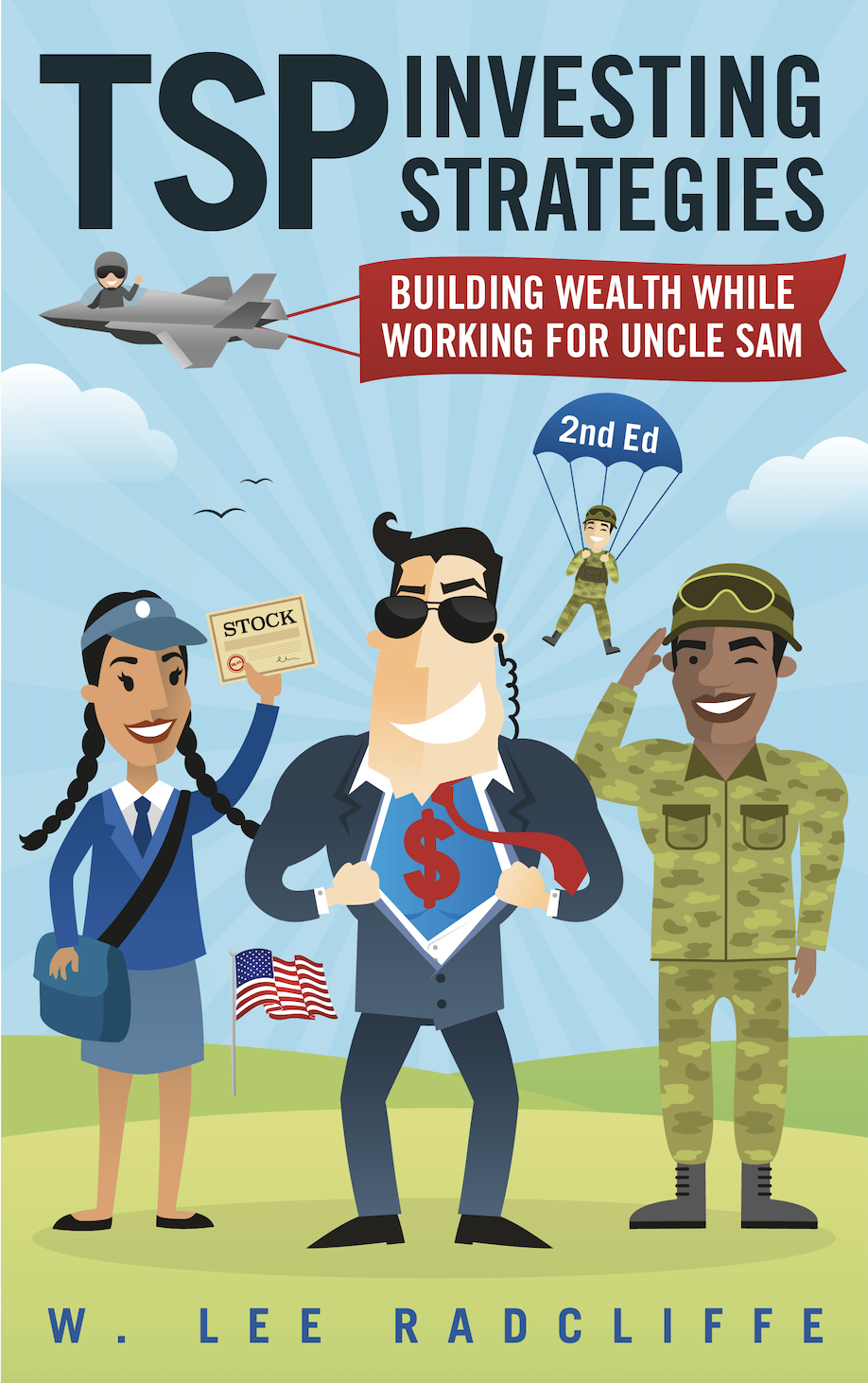FINRA Investor Alert and the F Fund
March 18, 2013
The Financial Industry Regulatory Authority (FINRA) issued an “investor alert” last month discussing the risk of bonds in a potential rising interest rate environment, particularly long-term bonds.
As TSP investors know, the F Fund is based on the “Barclays Capital U.S. Aggregate Index,” which is a total U.S. bond market index fund. Thus, FINRA’s investor alert relates directly to F Fund investors.
Perhaps the most important paragraph of the alert was the following:
“Currently, interest rates are hovering near historic lows. Many economists believe that interest rates are not likely to get much lower and will eventually rise. If that is true, then outstanding bonds, particularly those with a low interest rate and high duration may experience significant price drops as interest rates rise along the way. If you have money in a bond fund that holds primarily long-term bonds, expect the value of that fund to decline, perhaps significantly, when interest rates rise.”
Since the F Fund is a total bond market index fund, it holds both short- and long-term bonds. According to FINRA’s investor alert, long-term bonds will suffer the most if interest rates rise precipitously.
While there is no up-to-date information on the current holdings of the F Fund on the TSP site, another source is BlackRock’s index funds that are available to the public. BlackRock manages the F Fund, and it separately manages a Total U.S. Bond Market Exchange Traded Fund (ETF) – trading under the symbol AGG – that is available to the public. Like the F Fund, this ETF “seeks investment results that correspond generally to the price and yield performance…of the Barclays U.S. Aggregate Bond Index,” according to the fund’s prospectus. The holdings should therefore be the same, with AGG charging a slightly higher management fee of 0.08%. The F Fund, in contrast, charges about a 0.03% fee.
According to information for BlackRock’s AGG ETF, over 40% of the fund is invested in bonds with maturities of 5 years or less. These are shorter duration bonds that, while they pay out lower interest or “yield,” they will also fair better (relatively speaking) when interest rates rise.
On the other hand, another 33% is invested in bonds with maturities of 20 years or more. These bonds pay relatively higher yields, but they will also suffer more when interest rates rise.
But the yield on the AGG – and by extension, the F Fund – has dropped to record lows. AGG’s 30-Day SEC yield is an incredibly low 1.73%. The F Fund would be only slightly higher – around 1.78% or so – and this yield almost matches the yield of the G Fund. Of the two, the F Fund would likely suffer greater losses in comparison to the G Fund in a rising interest rate environment, based on the experience in 1994 when the F Fund fell as interest rates rose suddenly, while the G Fund remained positive for the year.
FINRA’s investor alert is yet another warning to TSP participants to re-evaluate their bond fund holdings as events warrant.
The full investor alert can be accessed here.
For other warnings on the F Fund, see BlackRock’s view here.
Related topics: f-fund g-fund blackrock